Special Counsel Robert Mueller subtly rebuked several of President Donald Trump’s long-standing arguments about Russian interference in the 2016 election and related investigations.
Speaking at the Department of Justice Wednesday morning, the former FBI director formally ended his probe, two years and 12 days since he was appointed by then-Deputy Attorney General Rod Rosenstein.
In a carefully worded nine-minute statement, Mueller stuck to the conclusions of his team’s 448-page report: that Russia systematically interfered in the 2016 election by hacking, that investigators found “insufficient evidence” to find any Americans conspired with the Russians in that effort and that his team pointedly did not say whether or not Trump obstructed justice during the investigation.
But in doing so, Mueller also rebutted several of Trump’s favorite claims about the investigation.
Russia systematically interfered with the 2016 election
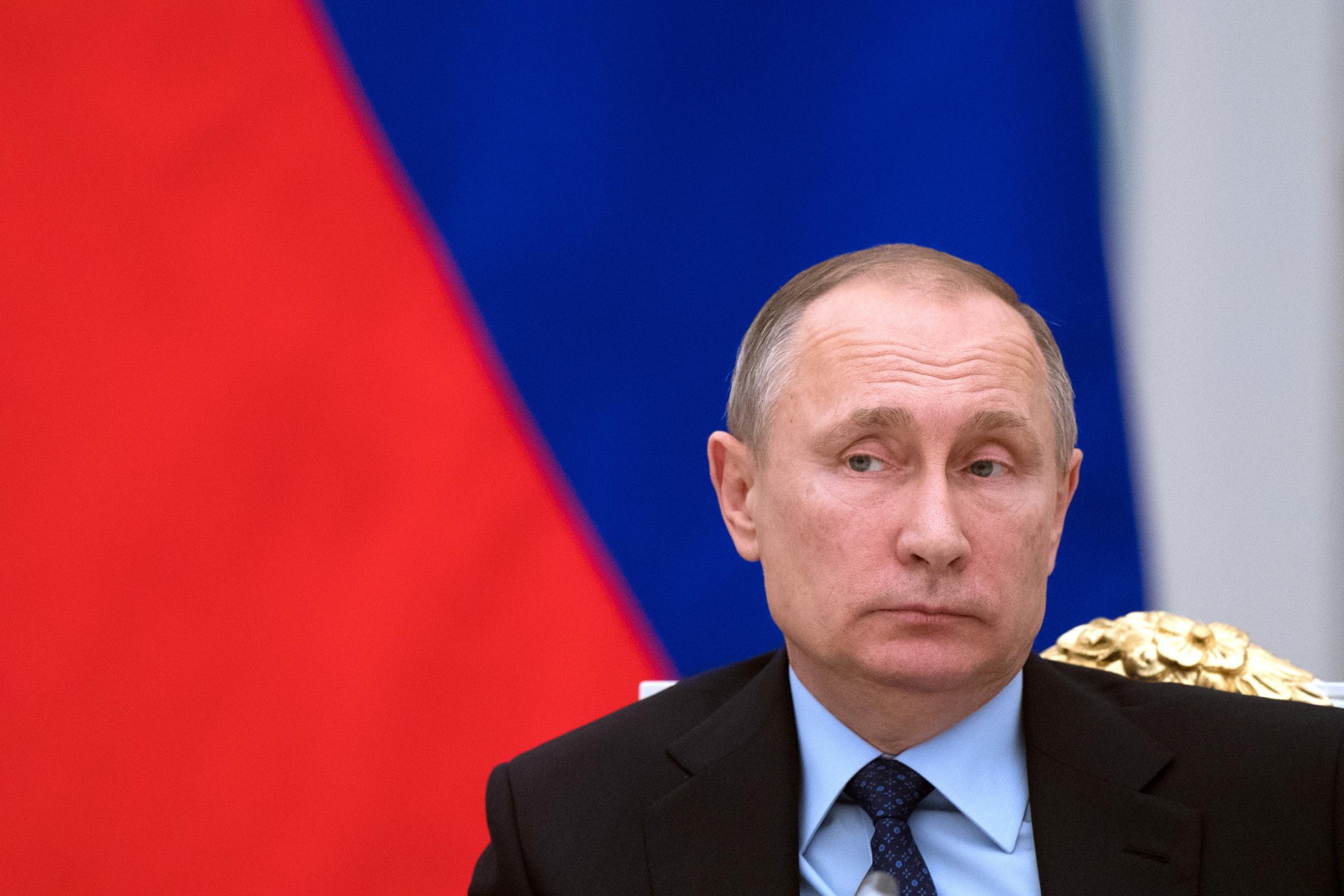
What Mueller said: “As alleged by the grand jury in an indictment, Russian intelligence officers who were part of the Russian military launched a concerted attack on our political system. … And at the same time, as the grand jury alleged in a separate indictment, a private Russian entity engaged in a social media operation where Russian citizens posed as Americans in order to interfere in the election.”
How that contradicts Trump: Trump has repeatedly questioned whether Russia interfered in the election. “I have great confidence in my intelligence people, but I will tell you that President Putin was extremely strong and powerful in his denial today,” he said while standing next to Putin at a July 2018 press conference in Helsinki.
Russia sought to damage Clinton and help Trump
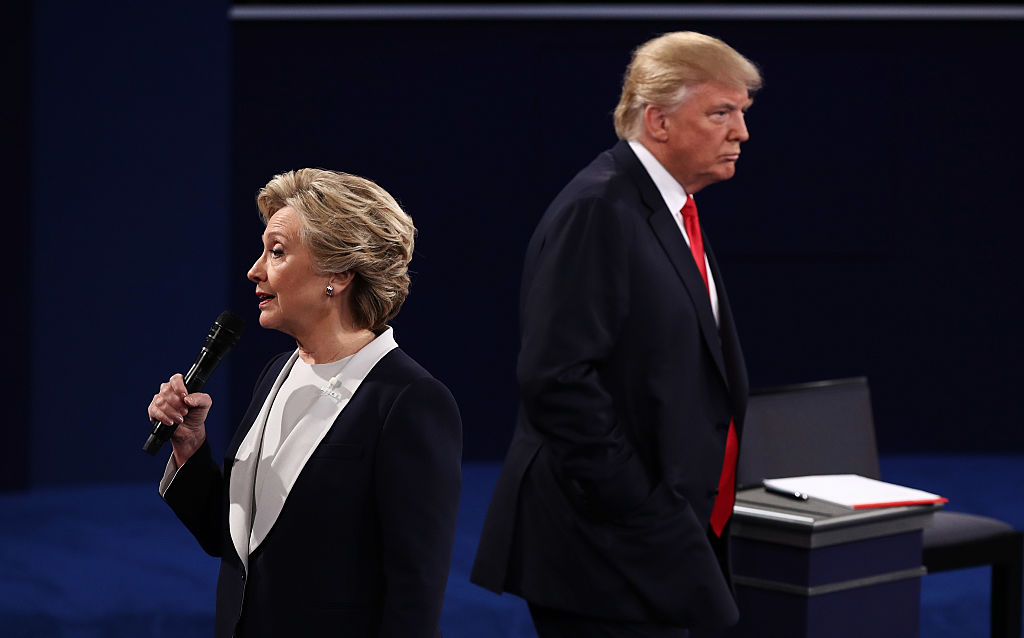
What Mueller said: “They used sophisticated cyber techniques to hack into computers and networks used by the Clinton campaign. They stole private information, and then released that information through fake online identities and through the organization WikiLeaks. The releases were designed and timed to interfere with our election and to damage a presidential candidate.”
How that contradicts Trump: Trump repeatedly argued that Russia actually opposed him in the 2016 election. “There was no collusion between us and Russia. In fact, the opposite. Russia spent a lot of money on fighting me. And if you think about it, I want a strong military,” he said in press remarks in August of 2017.
The Mueller report did not exonerate Trump of conspiring with Russia
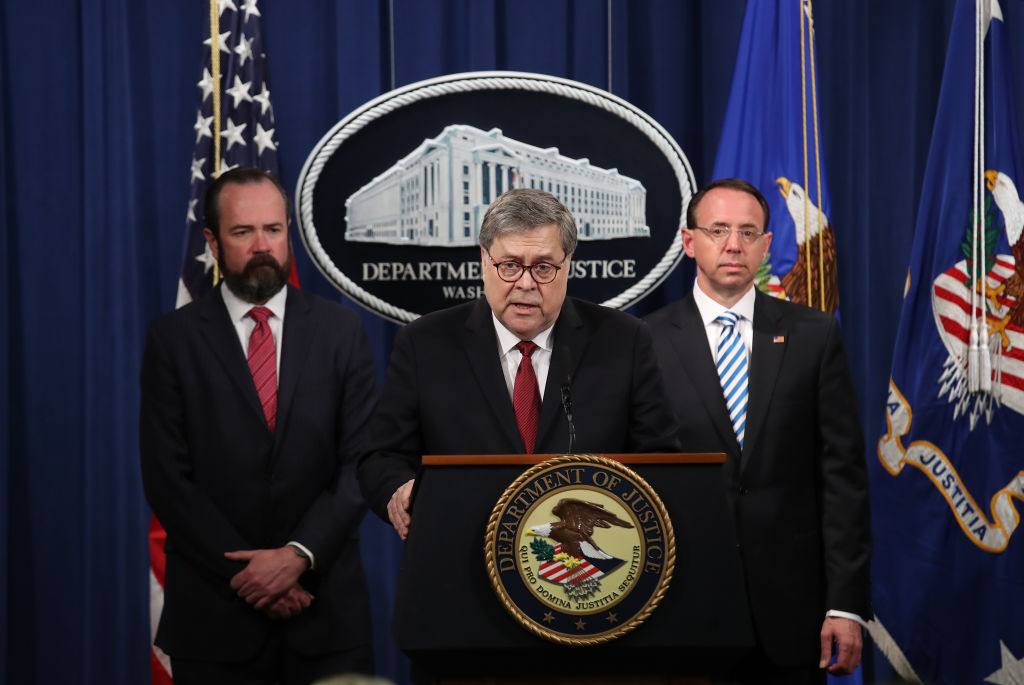
What Mueller said: “The first volume of the report details numerous efforts emanating from Russia to influence the election. This volume includes a discussion of the Trump campaign’s response to this activity, as well as our conclusion that there was insufficient evidence to charge a broader conspiracy.”
How that contradicts Trump: Trump repeatedly took “insufficient evidence” to mean “exoneration.” “So, after a long look, after a long investigation, after so many people have been so badly hurt … it was just announced there was no collusion with Russia,” he said in March after the Mueller report was handed in.
The Mueller report did not exonerate Trump of obstruction of justice
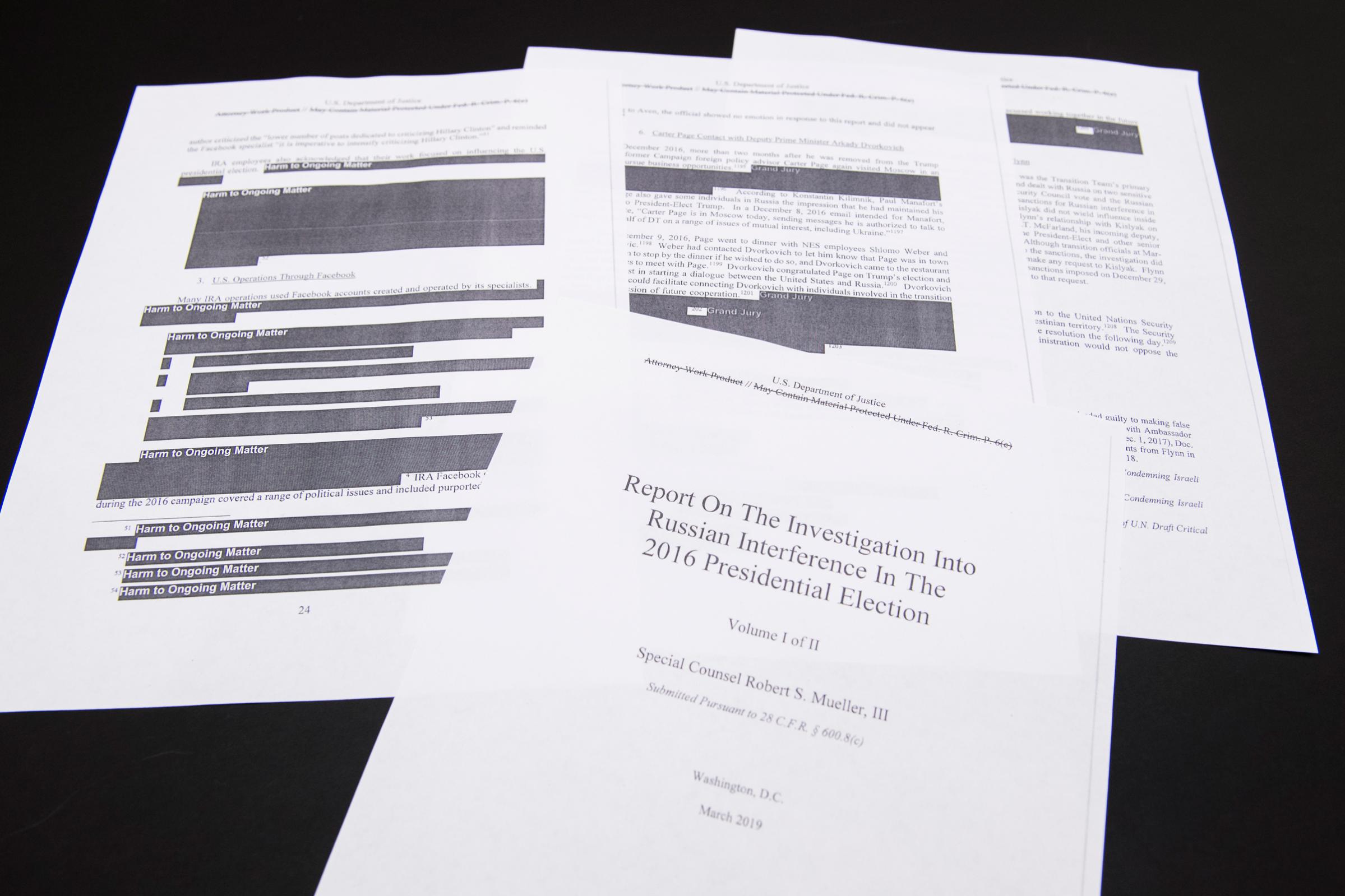
What Mueller said: “The order appointing me Special Counsel authorized us to investigate actions that could obstruct the investigation. … As set forth in our report, after that investigation, if we had confidence that the President clearly did not commit a crime, we would have said that.”
How that contradicts Trump: Trump also argued repeatedly that the report exonerated him of obstruction as well. “They and others created a fraud on our country with this ridiculous witch hunt, where it was proven, very strongly, no collusion, no obstruction. No nothing,” he said in press remarks in March.
A special counsel is necessary even if the president is innocent
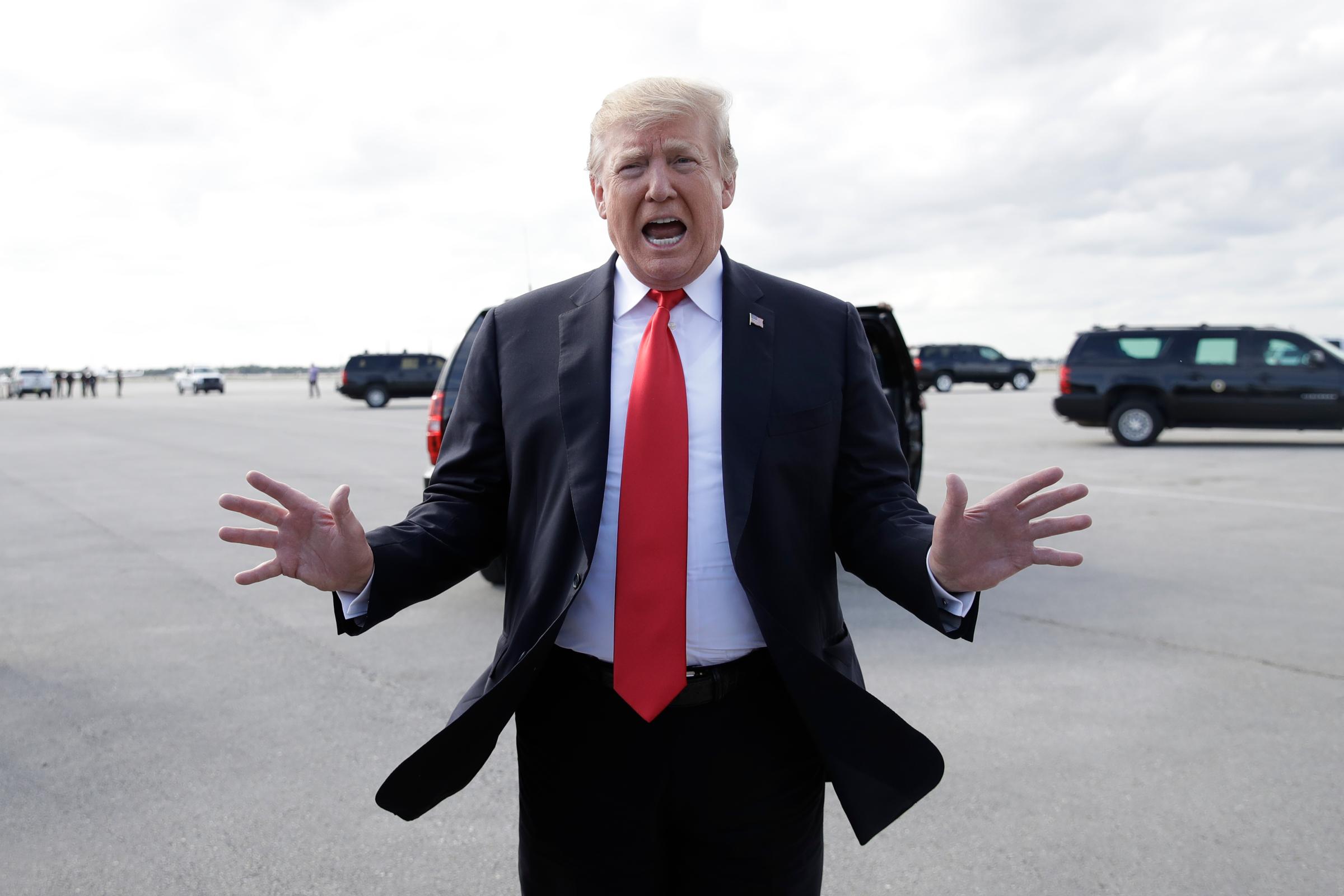
What Mueller said: Justice Department precedent “explicitly permits the investigation of a sitting President because it is important to preserve evidence while memories are fresh and documents are available. Among other things, that evidence could be used if there were co-conspirators who could now be charged.”
How that contradicts Trump: Trump argued that Mueller should not have been appointed because he did not commit a crime. “Because I have done nothing wrong. A special counsel should never have been appointed in this case,” he told the New York Times in July of 2017.
The special counsel’s team and other investigators have a lot of integrity
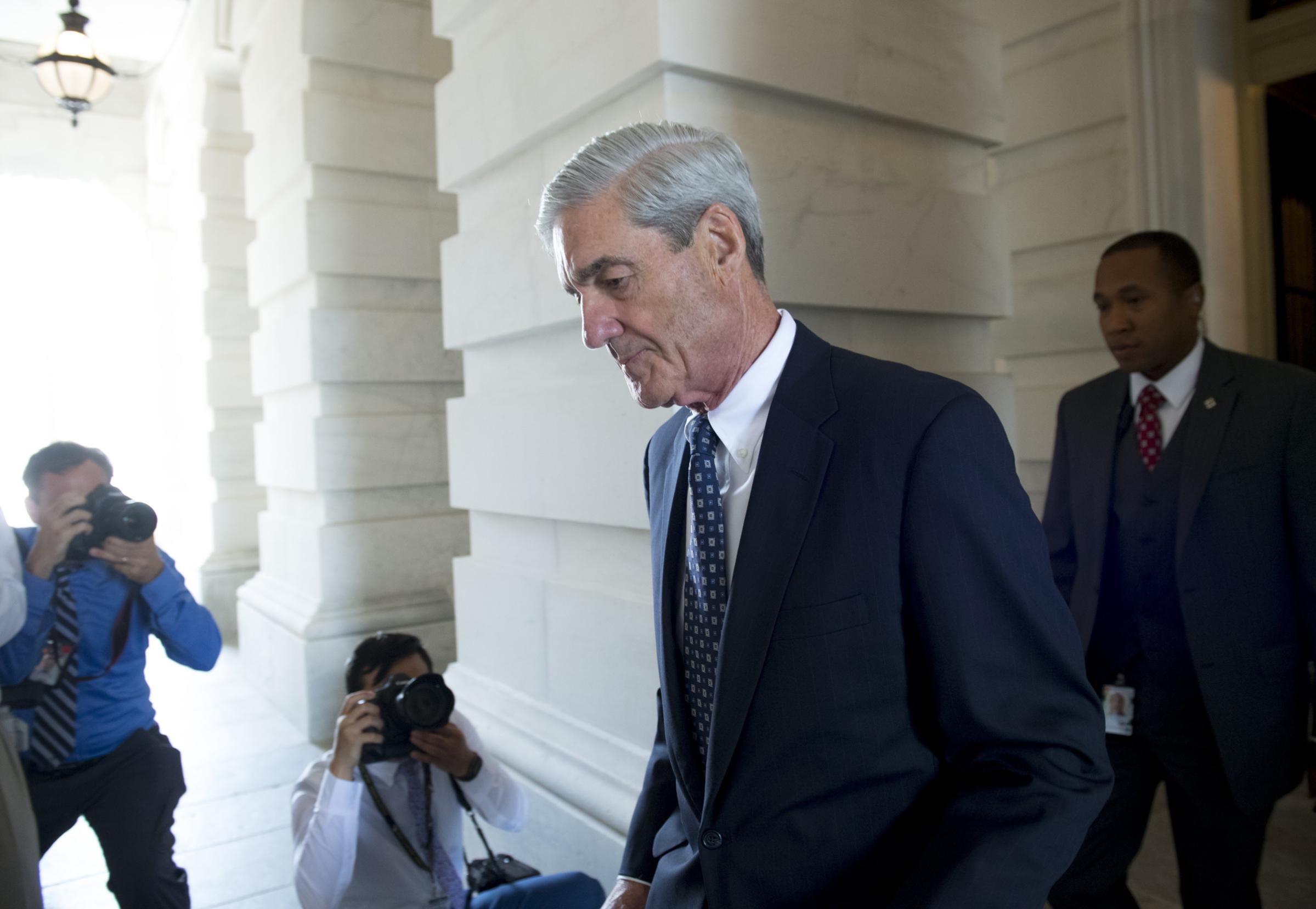
What Mueller said: “Before I step away, I want to thank the attorneys, the FBI agents, the analysts, and the professional staff who helped us conduct this investigation in a fair and independent manner. These individuals, who spent nearly two years with the Special Counsel’s Office, were of the highest integrity.”
How that contradicts Trump: Trump repeatedly assailed the integrity of Mueller’s team, the FBI and other Justice Department officials. “Much of the bad blood with Russia is caused by the Fake & Corrupt Russia Investigation, headed up by the all Democrat loyalists, or people that worked for Obama,” he tweeted in April of 2018.
Russian interference is a serious issue that should be investigated
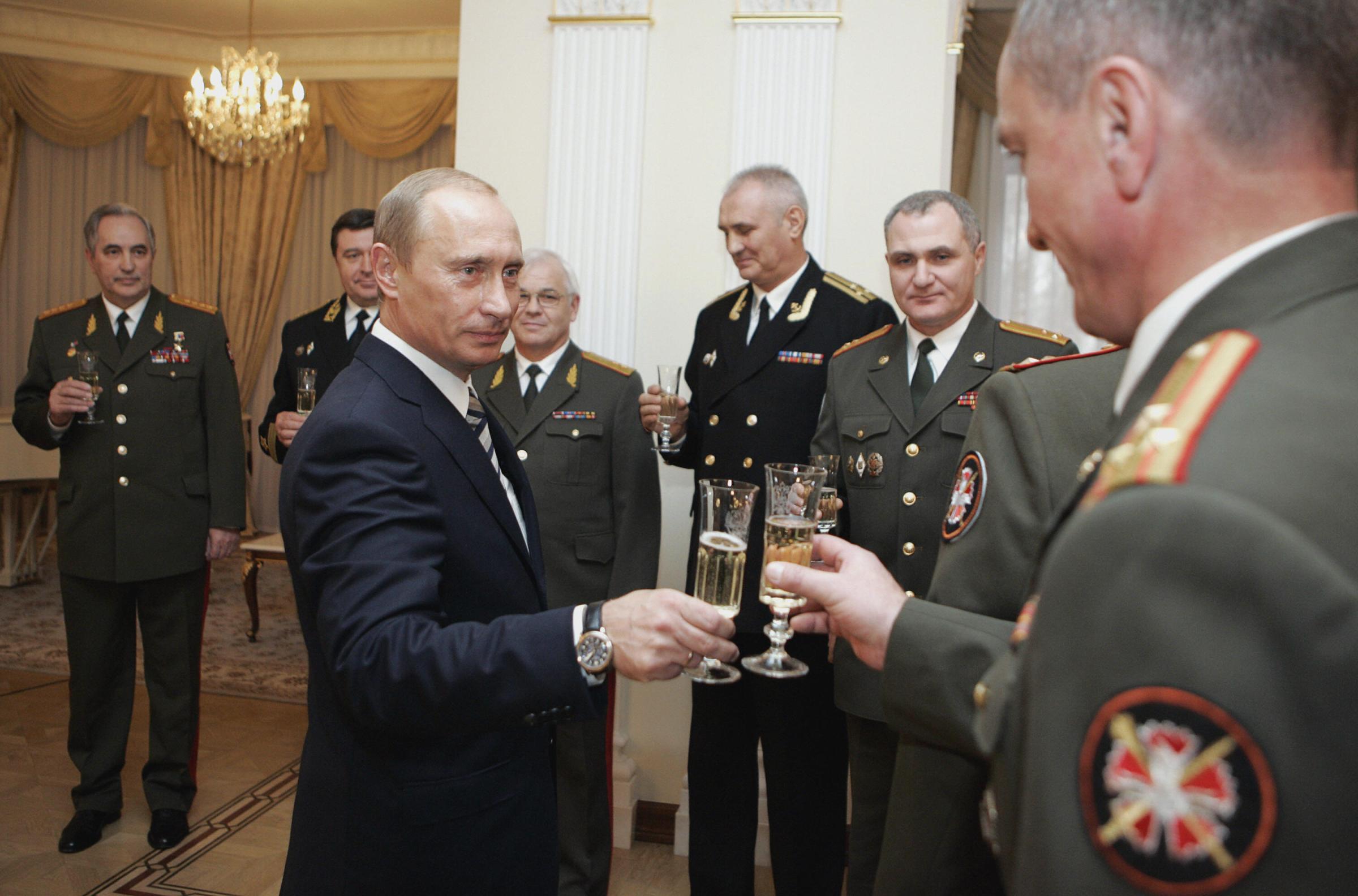
What Mueller said: “I will close by reiterating the central allegation of our indictments — that there were multiple, systematic efforts to interfere in our election. That allegation deserves the attention of every American.”
How that contradicts Trump: Trump has repeatedly argued that the investigation is hurting the country. “I think it’s a very bad thing for the country. Because it makes the country look bad, it makes the country look very bad, and it puts the country in a very bad position,” he told the New York Times in December of 2017.
More Must-Reads from TIME
- Why Trump’s Message Worked on Latino Men
- What Trump’s Win Could Mean for Housing
- The 100 Must-Read Books of 2024
- Sleep Doctors Share the 1 Tip That’s Changed Their Lives
- Column: Let’s Bring Back Romance
- What It’s Like to Have Long COVID As a Kid
- FX’s Say Nothing Is the Must-Watch Political Thriller of 2024
- Merle Bombardieri Is Helping People Make the Baby Decision
Write to Abby Vesoulis at abby.vesoulis@time.com